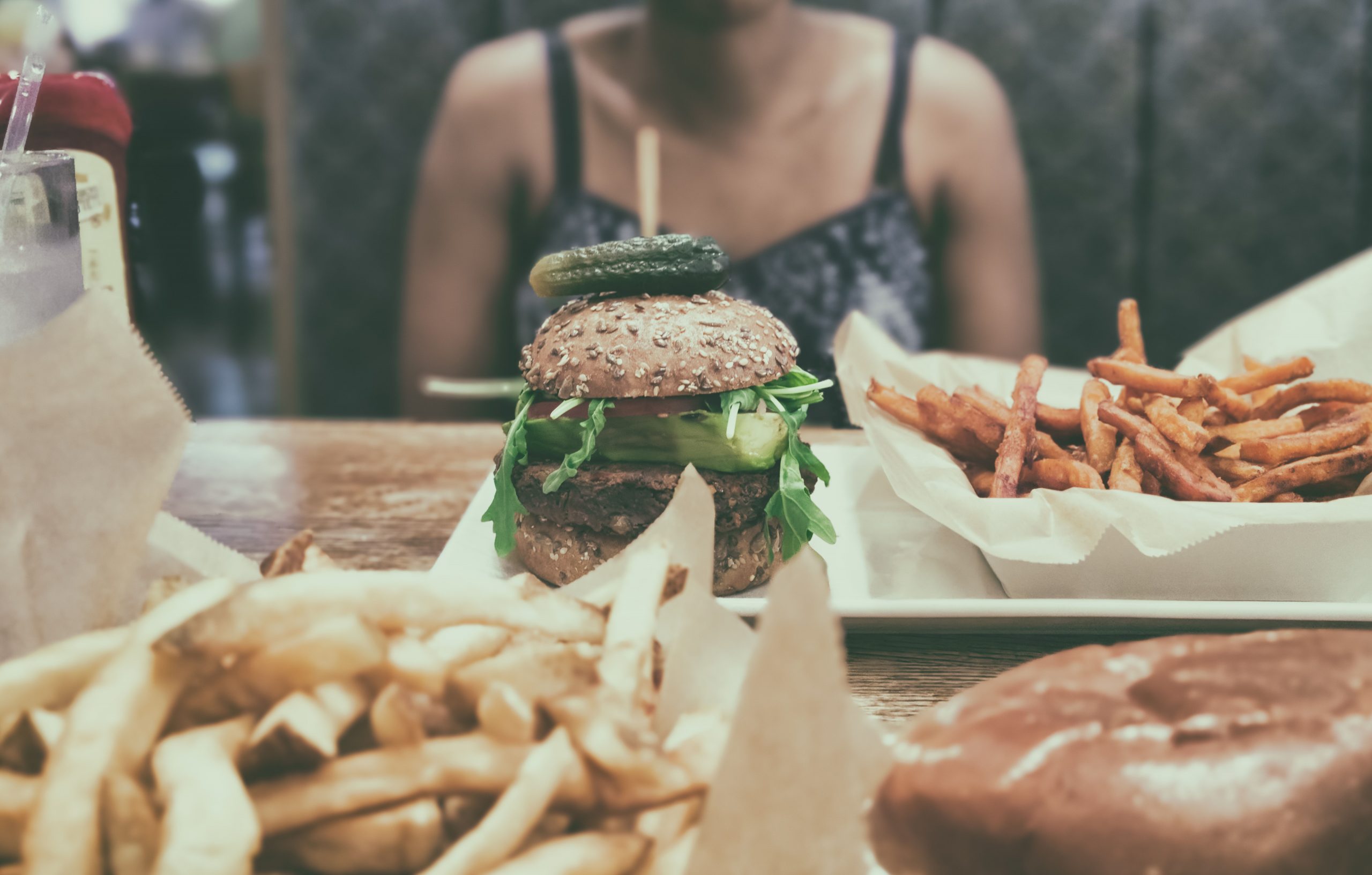Nearly 50 million
people may be pushed into famine or famine-like conditions if the Russian
onslaught on Ukraine goes on much longer, the United Nations has said ringing
in an alarm over food security. Ukraine, the east European former Soviet colony,
is often regarded as one of the world’s breadbaskets. Russian invasion of
Ukraine and various blockades thus created has had an impact on food security
in several nations across the globe.
While the Russian
blockade of ports has already raised global food prices, Ukrainians have not
managed to cultivate effectively across its sprawling agricultural lands in
course of the war. “For people around the world, the war, together with other
crises, is threatening to unleash an unprecedented wave of hunger and
destitution, leaving socio-economic chaos in its wake,” said UN
Secretary-General Antonio Guterres.
The Russian
invasion of Ukraine has severely affected Ukraine’s agriculture production
capacity. The UN’s Food and Agriculture Organisation (FAO) estimates nearly 20-30%
of Ukraine’s land to either remain unplanted or unharvested because of the war
because these areas were under Russian occupation.
Moreover, amid the
war, farm workers are in short supply. Sanctions on Russia have affected global
supplies of fuel, fertilizer and produce. From whatever grain that was
produced, Ukrainian authorities said Moscow had stolen a large part. Ukraine’s Agrarian
Council deputy chairman Denys Marchuk said Russia has stolen nearly 600,000
tonnes of grain.
The Kremlin has
denied the allegations calling them “fake news”. But on Wednesday, leader of the
Moscow-backed military administration for the southern portion of Ukraine’s
southern Zaporizhzhia region claimed trains full of Ukrainian grain were being
moved from Russia-occupied Melitopol to Crimea.
Russia is currently blocking maritime access to the Black Sea ports held by Ukraine, meaning that even the grain that is still under Ukrainian control cannot be exported to many countries that rely on it. Ukraine, meanwhile, has bolstered its capacities for grain transfer, but that has had limited impact.
European Commission chief Ursula von der Leyen said food has become part of the Kremlin’s “arsenal of terror”.







